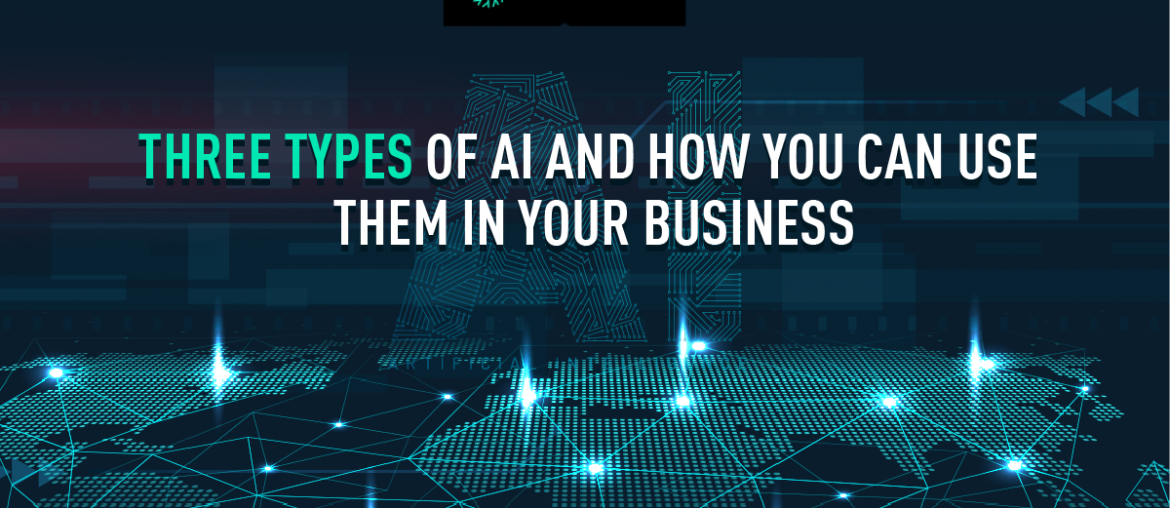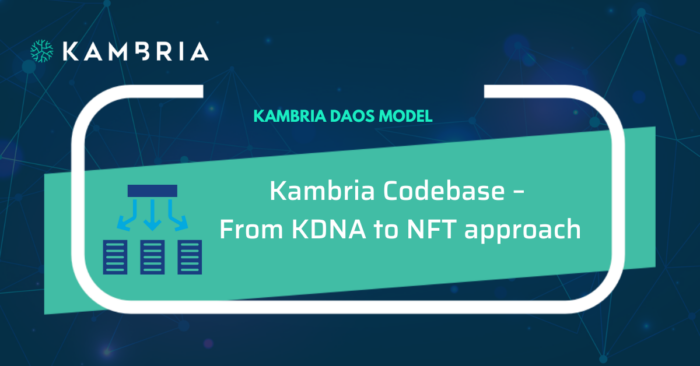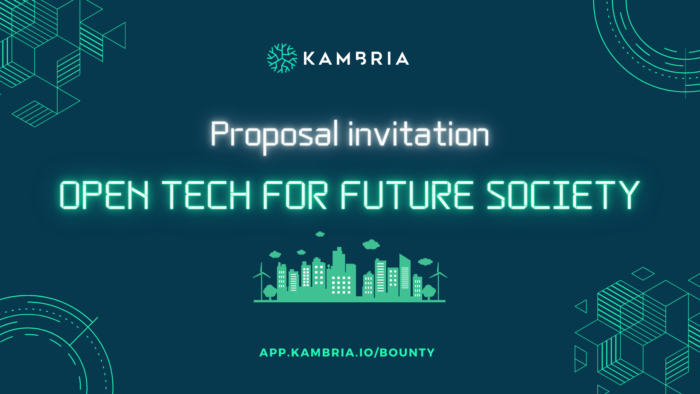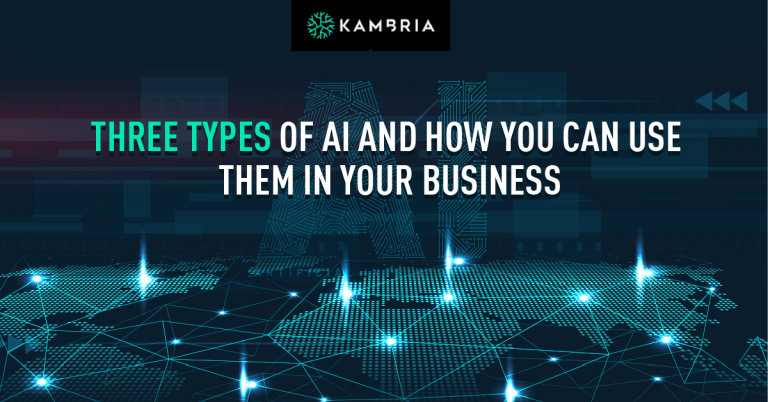
In the technology age, we are seeing dramatic shifts in the way companies run their businesses. Never before have we witnessed such incredible leaps forward, and with a rapidly evolving technological landscape, it is now as important as ever to stay on the bleeding edge. Among these technologies, artificial intelligence (AI), or “cognitive technologies,” are now being used across large and small businesses to increase productivity, efficiency, and accuracy, while providing customers with a better user experience. Because of the rapid development of cognitive technologies, and an increasing number of competitors using it, it is imperative that each business owner evaluate which areas of their business would benefit from implementing AI. In the very near future, it could mean the difference between being a market leader, or last place. It is not a matter of “if” your competitors will use AI, but rather, it’s a matter of “when.” So, let’s talk about what AI is, and how you can use it to improve your business. To better understand this technology, are going to talk about the three types of AI, the benefits of implementing AI into your business, and how you can start using it to build a more efficient business, maximizing profits and customer satisfaction!
The Three Types of AI for Business
Cognitive technologies can support businesses in these three ways: process automation, cognitive insight, and cognitive engagement. Each type has varying degrees of complexity. Businesses can utilize just one type, or any combination of all three, depending on the needs of the company.
Process Automation
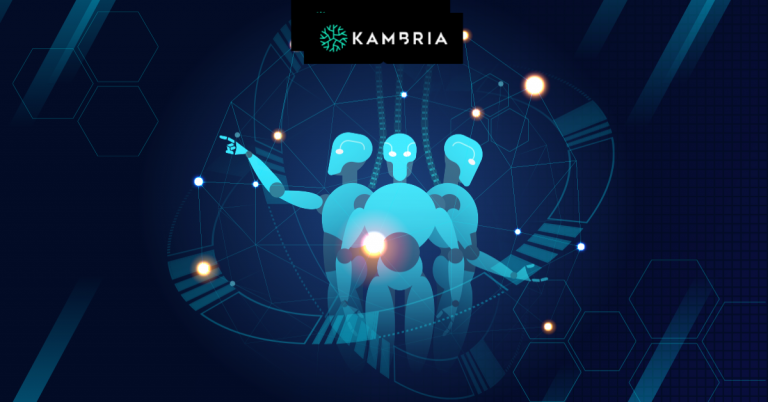
Much of the AI we see currently live in businesses today consist of “robotic process automation,” which are automated robot workers that develop a list of actions which replicate what a human worker would normally do. These robot workers have the ability to input information like a human, while also extracting information from multiple backend systems. This type of AI is the least complex type, and is typically used by businesses to automate administrative work, financial systems, and other incomplex tasks. Though not typically considered a complete replacement of a human, this type of AI frees up a significant amount of time and effort for human workers so the business can run more efficiently. This allows the human workers to focus their efforts on more interesting and important tasks. Process automation is not generally advanced enough (yet) to “learn” through adaptive behavior and machine learning, but is best suited to work across multiple backend systems.
This type of AI is currently the most common form of cognitive technology in place today due to its lower cost and high rate of return. Business owners can implement process automation quickly, having an immediate and noticeable increase in productivity and profit.
There are an exceedingly large number of uses that process automation can handle. Some examples of process automation are:
- Automated report generation and distribution
- Email automation
- Order automation
- Automated claims processes
- Automated file transfers
- Automated customer support response
- Automated employee onboarding processes
Cognitive Insight
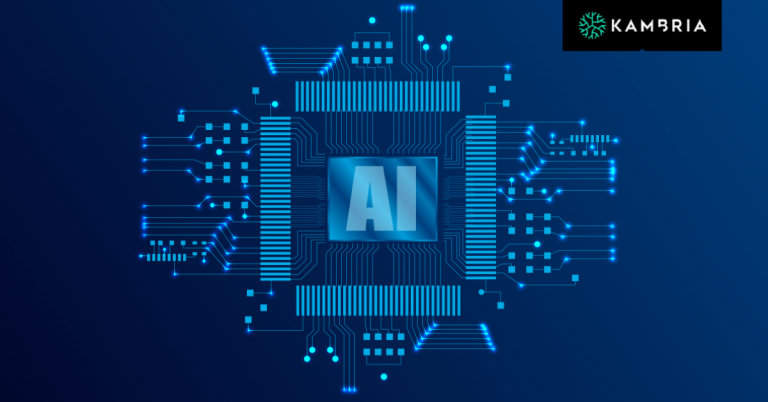
Cognitive insight is a powerful analytics tool powered by “deep learning.” These machine learning applications process large amounts of data and interpret their meaning. Cognitive insight will look for patterns in your company’s data to help predict outcomes in specific situations. For example, this is incredibly invaluable for analyzing customer data to predict what types of items your customers are likely to buy.
This type of AI is highly data dependent and could never reasonably be completed by a human, so it is therefore not any threat to human jobs. Cognitive insight is not just for analyzing customer data for advertisements though. A number of companies use it for many other uses, including analyzing and detecting fraud in real-time, providing insurance quotes based on the likelihood of a claim, and providing real-time recommendations in financial, healthcare, and many other industries.
One key feature of cognitive insights is the ability to create what is called “extreme personalization,” a new strategy taking the marketing world by storm. Extreme personalization uses AI to create customer profiles in order to allow companies to curate specific strategies for individual customers based on purchase history, location, the devices they use, and a number of other metrics. With over $4 trillion dollars (75% of all orders) in merchandise abandoned in online shopping carts each year, clearly many businesses are missing a huge potential for increased profits through the use of AI in their businesses. For most companies, they just simply lack the tools to analyze this trove of valuable data they are sitting on, and that is where cognitive insight can redefine the way you do business.
Cognitive Engagement

Customers want information, quickly. In this day an age, businesses must be able to scale and provide information at a moment’s notice, which can quickly equate to requiring a growing number of customer support specialists to engage with customers, which can become very costly. To reduce the number of requests that customer support agents receive, many companies employ chatbots that can answer frequently asked questions, and provide accurate and relevant information back to customers or employees of the company. These chatbots allow companies to create engagement strategies with their customers that were not previously possible before. By utilizing the analyzed data, companies can use AI to determine the next best step for the needs of the customer using a variety of tools such as AI chatbots and intelligent agents. These agents are actually computer programs that conduct a conversation via auditory or textual methods; often designed to convincingly simulate how a human would behave as a conversational partner. If you have used the internet, then you have probably run into this form of AI.
Where many companies struggle with being “out of touch” with their customers or even their employees, cognitive engagement can be the game-changer. Being able to engage with people in a timely manner is paramount for both employee and customer satisfaction. The Swedish bank, SEBank, understood this, and that’s why they decided to employ the help of “Amelia,” a digital customer support agent for not only their customers, but also their 14,000 employee workforce. Amelia singlehandedly handles thousands of requests, including password resets, identity verification, troubleshooting credit and debit card problems, branch location inquiries, and even IT support for their employees. Compare that to the status quo that many of us are used to: calling the 1-800 number and waiting 20 minutes for the next customer support agent to pick up the phone.
Cognitive engagement also is a powerful tool as an extension of cognitive insight. Analyzed data allows AI to engage with customers and provide extreme personalization profiles. Businesses can completely automate creating strategies to engage with individuals based on their habits, location, and other relevant data points; however, taking it one step further than cognitive insights by putting these strategies into action and engaging with customers. For example, an article was recently released where Target was found to be using cognitive engagement to pinpoint which customers were expecting a baby by analyzing the types of items they bought. This allowed them to curate a personalized mailer which was automatically sent directly to their home. No human was necessary for this entire process.
Kambria Corporate Innovation
Now that you’re armed with this information, how can you utilize it? Kambria’s Open Innovation Platform is the first-of-its-kind AI and robotics development platform where companies have access to frontier technologies that can be tailored to your company’s specific needs. Companies can use the open sourced AI products available in our marketplace, or take advantage of customized products built on the Kambria Bounty Platform. Our bounty platform allows companies to rapidly create proposals and tap into a global pool of expert AI developers who are standing by, ready to build your customized AI solutions. Our customizable AI solutions allow you to quickly deploy AI into your business and start turning your fails into sales.
For more information, visit https://kambria.io, or reach out to our team
Open Call for Writers
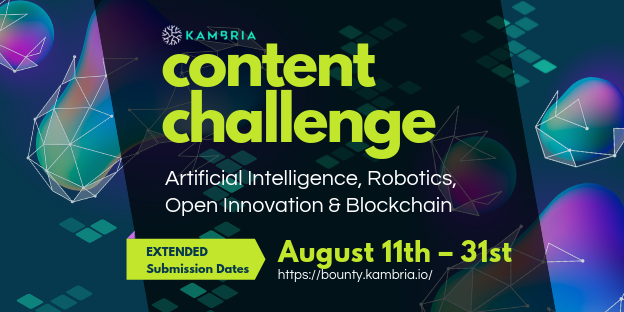
Do you like writing about tech topics like this one? Then join the Kambria Content Challenge and share your insight and expertise with our growing developer community. You could receive over $200 for the best submission. For complete details about our Content Challenge, click here.
